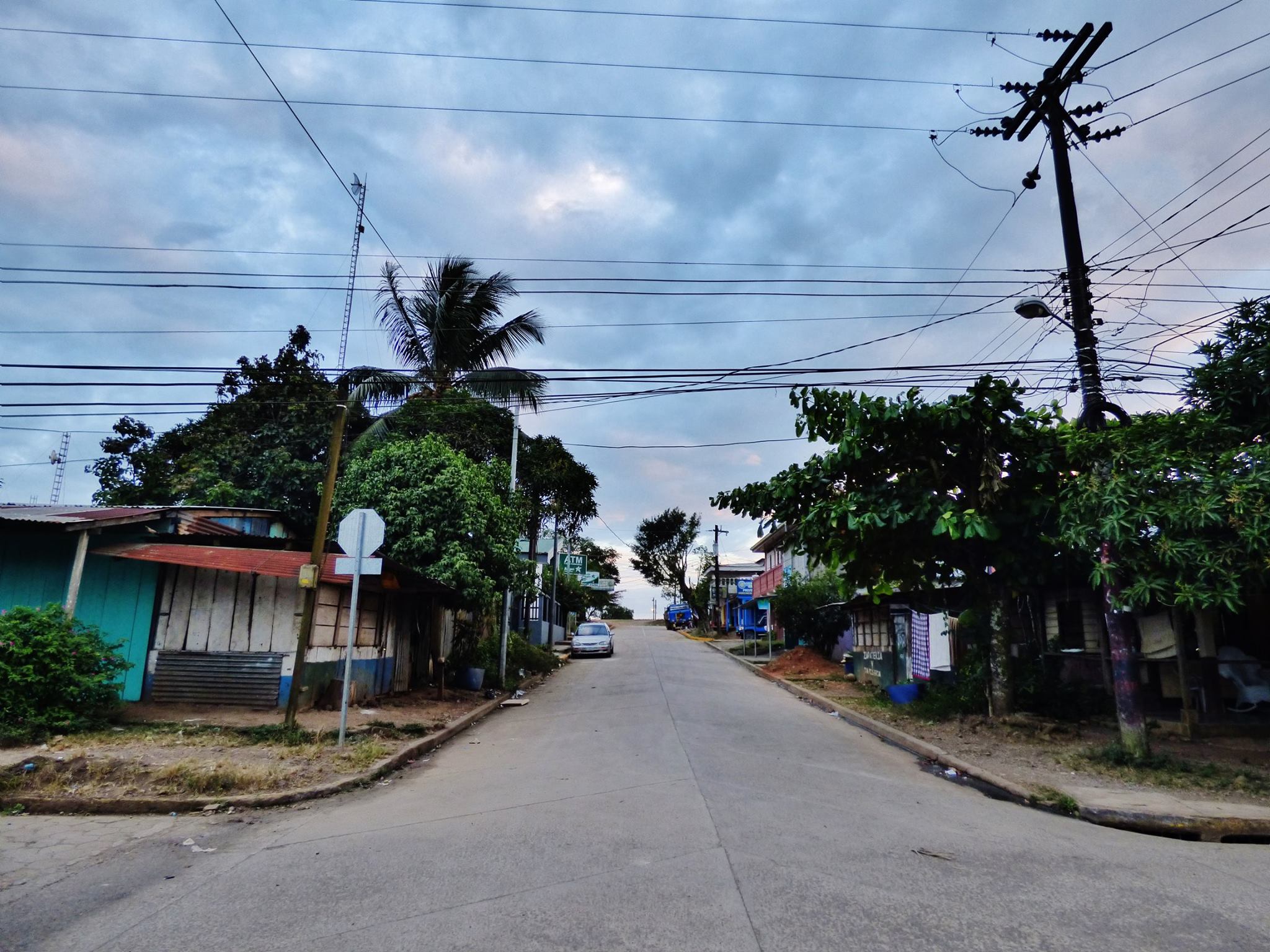Institute for Studies and Promotion of Autonomy
The Institute for The Studies and Promotion of Autonomy (IEPA) founded in 1996 is one of five Institutes of Research and University Extension that is part of the URACCAN organizational system with the mission of accompanying and training the community leadership of the Indigenous Peoples, Afro-descendants, Mestizos and other Ethnic Communities, as well as organizations of the Coastal Civil Society , Municipal and Regional Institutions of the Caribbean Coast of Nicaragua by facilitating processes and spaces of concertation necessary to overcome the social, cultural and gender inequity of the Caribbean Coast, promoting processes of empowerment of them.
This implies actions for the empowerment and self-management of peoples to develop their own processes of transformation for collective and individual well-being by respecting the perception that each people has about life, culture and spirituality.
Lines of Action
The work of the IEPA is in correspondence with the guidelines of the Intercultural Community University. In the present case, human and regional rights, regional, communal and territorial development, political culture of Autonomous Regions, own right (customary law), monitoring of the regional system, its cross-cutting axes being interculturality, development with identity, gender equity, regional autonomy and principles: respect, solidarity, humanism and reciprocity.
For its part, the Observatory of Autonomy strengthens the work of the IEPA as it is a space of articulation and intercultural dialogue for the promotion, defense and strengthening of regional autonomy through the establishment and periodic monitoring of a set of indicators at the baseline level with relevant measuring instruments that allow to give light on the current situation and future perspectives , identify trends and guide public, private and civil society action through the accompaniment of social audit processes, which are based on the analysis and monitoring of the management of national, regional, municipal, territorial and communal government; compliance and scope of policies, strategies, laws, regulations, programmatic actions and projects affecting communal, territorial, municipal and regional development.
-
Development of statutes of communal and territorial governance on nicaragua's North Caribbean Coast.
-
Elaboration of life plans with identity for the good living of peoples in the Community of Tuapi, Bilwi, RACCN.
-
Accompaniment to processes of choice of territorial and communal authorities, as well as social audit of the GTIs and A in the RACCN.
-
Participation in the processes of developing institutional documents in an articulated manner submitted and approved by the Honourable members of the CUU.
-
Development of community maps with the participation of community leaders.

-
Wangki Awala: Our memory of war to live in peace.
-
Mapping of Nicaraguan Indigenous and Afro-descendant institutions.
-
Types of ownership on the Nicaraguan Caribbean Coast.
-
Revitalization of the cultural traditions of the Miskitas communities of the municipalities of Puerto Cabezas and Waspam – North Atlantic Autonomous Region.
-
Oral history about cultural traditions during the process of agony, death and bereavement of the Afro-descendant People of Puerto Cabezas, RACCN.
-
Experiences of Creoles families in the rescue and revitalization of their collective identity in multicultural contexts.
-
Proposal for articulation between Positive law and customary law, in situations of violence against women in multi-ethnic contexts in CEIMM – IEPA articulation.

-
Community Diploma in Negotiation and Mediation of Conflicts.
-
Diploma in Youth Leadership and Citizen Security.
-
Diploma in Intercultural Community Development.
-
Diploma in Economic and Social Entrepreneurship.

Since the IEPA we have developed Forum-Debates, Conferences and Chairs on Human Rights, Collective and Regional Rights to the academic, student community and civil society members at the local, regional and national levels. As well as participation in different networks and working commissions with a view to influencing the different processes that are developed in order to strengthen multi-ethnic regional autonomy.




